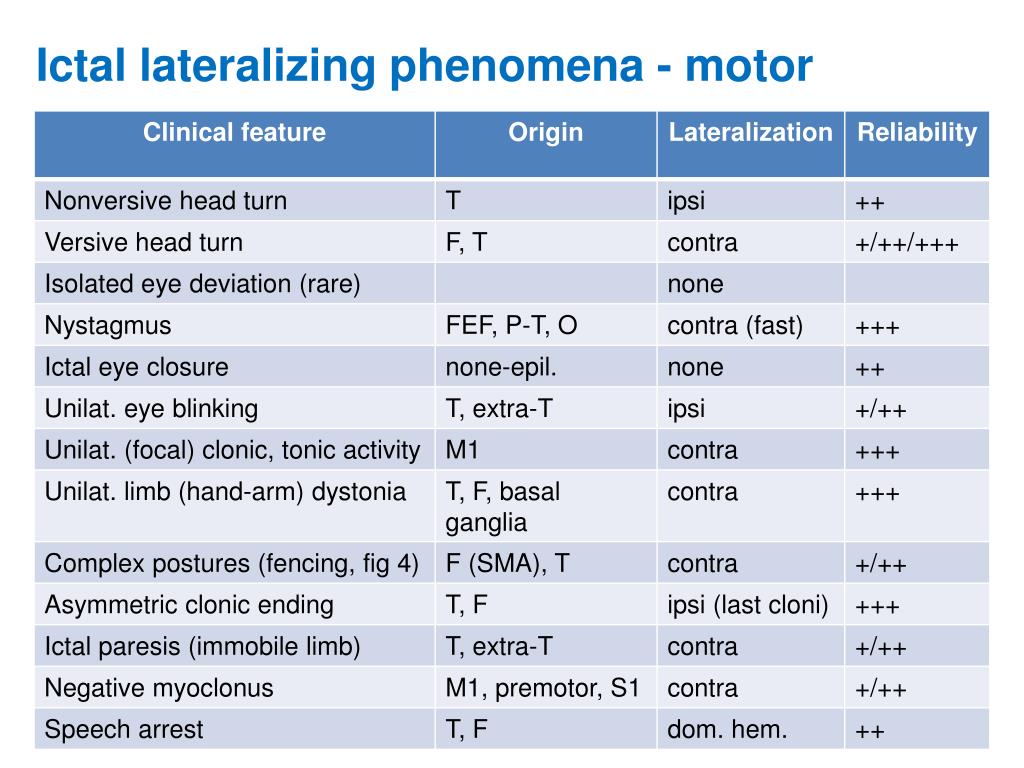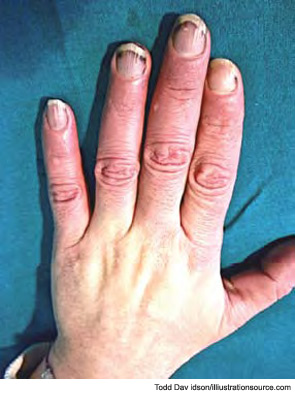
Regardless of which condition you fall ill to, the Centers for Disease Control and Prevention (CDC) states that you may be facing a medical emergency if you experience the following symptoms. Should you seek emergency medical care for pneumonia? The following are at a high-risk for hospitalization: Such as heart disease, asthma, or kidney and endocrine disorders, get medical Higher risk of needing hospitalization due to pneumonia. You have any of these symptoms, you should see your doctor to prevent the Thick yellow, brown, white or green phlegm Medical issues may be more likely to have severe symptoms.Īre the symptoms that you should look out for: Typically, adults who are generally healthy beforeĭeveloping pneumonia experience moderate symptoms. Person’s overall health and medical history can affect the severity of Or go to your local Portland, Texas emergency room. Vary, and it is vital to know when you should see your primary care physician When you have pneumonia, breathing is difficult due toįluid build-up, pus, and inflammation in the lungs.
#WALKING PHENOMENA SYMPTOMS HOW TO#
Learn how to be proactive about your elderly parent's care.Is a lung infection. If you’re a caregiver for your elderly loved one and live far away, or can’t be there 24/7, you might worry about catching warning signs like these. Living a healthy lifestyle can greatly reduce the risk of contracting pneumonia, so it’s not a bad idea to help encourage your loved one to start doing so if they haven’t already. With pneumonia, doing so is particularly important as bacteria can stay in the lungs, multiply and trigger a recurrence. It is always important to take all prescribed medications. Not sure? Ask a doctor.ĭrinking water will help loosen the mucus in your loved one’s lungs, clearing them sooner.


It is generally better not to jump back into a normal routine until you are positive he or she is recovered. Just because your loved one feels better, he or she may not be fully recovered. Remember, pneumonia is sneaky and can recur. Pneumonia, both viral and bacterial, is infectious. These kinds of pneumonia can also be contracted by coming into touch with surfaces or items contaminated with pneumonia-causing bacteria or viruses. There are a few easy steps to avoid complications and decrease pneumonia risks in your elderly loved one.Įxperts recommend pneumonia treatment at home to include: Most symptoms of walking pneumonia go away in 3 to 5 days, but a cough might last weeks or months. Minimize the Risks of Pneumonia in the Elderly However, certain pneumonia symptoms in adults can be strong and would require immediate transportation to the hospital. Mild pneumonia, or sometimes referred to as “walking pneumonia," can cause older adults to feel a bit "under the weather," but normally doesn't require a trip to the emergency room. Some pneumonia symptoms in the elderly can be mild or not present at all. Pneumonia is a lung infection and can be very tricky to identify in older adults.
#WALKING PHENOMENA SYMPTOMS PROFESSIONAL#
While it can be hard for family members to spot these signs, professional in-home care providers are trained to monitor and track pneumonia symptoms in adults. Chest pain during breathing or coughing.Other signs, which can sometimes be confused with a cold and the flu, include: Confusion and/or delirium are red-flag signs of pneumonia in elderly people as well as lower-than-normal body temperatures.

While there is no single cause for pneumonia, advanced age is considered to be a top a risk factor for this serious health problem.
:max_bytes(150000):strip_icc()/GettyImages-169989784-56e2dbf33df78c5ba056ca75.jpg)
5 Early Warning Signs of Pneumonia in a Senior


 0 kommentar(er)
0 kommentar(er)
